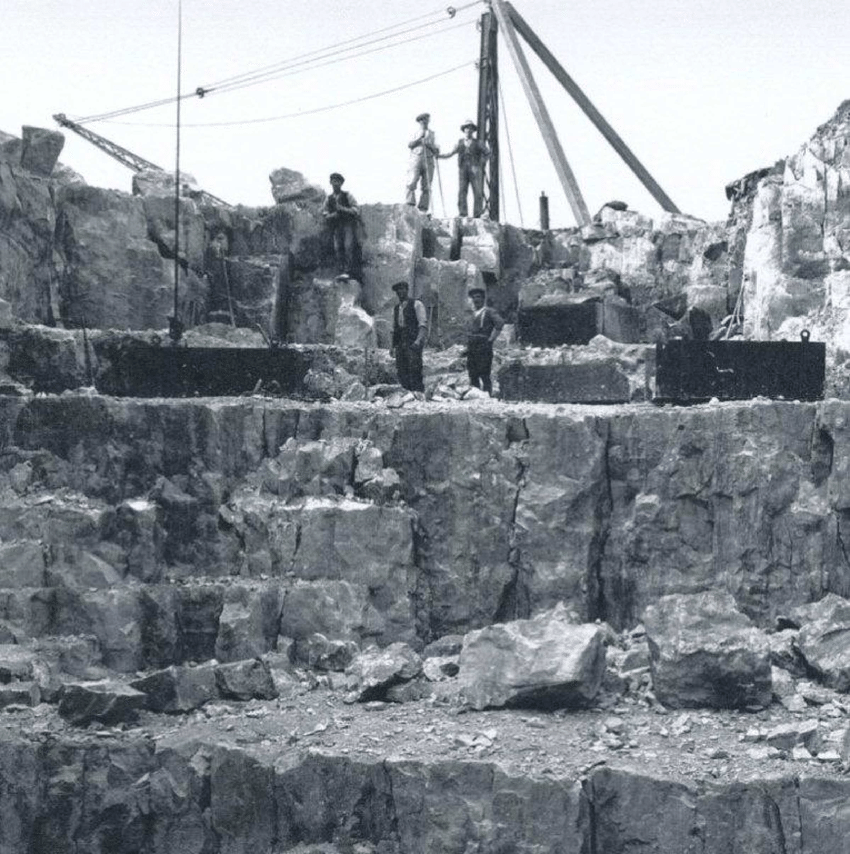Want to learn about Brazilian Dolomite?
What is Dolomite ?
Dolomite is composed primarily of the mineral dolomite, which is known for its high calcium and magnesium content. This makes it a valuable resource for industries such as agriculture and chemical manufacturing.
In construction, Brazilian dolomite is often used as a building stone or aggregate material. It is resistant to weathering and erosion in addition to being well-suited for outdoor applications.
Our Brazilian dolomite is also available in a range of colors, including white, grey, and pink. It can be polished to a high shine, making it a popular choice for decorative applications such as countertops and flooring.
Looking for high-quality Brazilian dolomite for your next project? Look no further! Our Brazilian dolomite is strong, durable, and attractive, making it perfect for a wide range of applications. Don't miss out on the opportunity to purchase high-quality Brazilian dolomite at an affordable price. Contact us today to place your order and experience the benefits of this versatile and valuable resource: https://skyline-countertops.com/contact-us
The History of Dolomite In Brazil
Background
The history of Brazil is rich and varied, stretching back thousands of years to the earliest known inhabitants of the region. Over time, the country has undergone many changes and transformations, becoming the vibrant and diverse nation that it is today.
The first people to inhabit what is now Brazil were indigenous tribes, who migrated to the area thousands of years ago. These early inhabitants were skilled hunters and gatherers, and they developed a deep connection to the land and its natural resources.
One of the key resources that was important to the early inhabitants of Brazil was dolomite, a type of sedimentary rock that is composed primarily of the mineral dolomite. This mineral was valued for its high calcium and magnesium content, and was used in a variety of ways by the indigenous people.
Over time, the region that is now Brazil was explored and settled by a number of different groups, including the Portuguese, who arrived in the early 1500s. The Portuguese established a colony in Brazil and began to extract and export dolomite, using it as a building material and for other industrial purposes.
As the Portuguese colony grew and expanded, dolomite continued to play an important role in the development of Brazil. It was used in the construction of many of the country's most iconic buildings, including churches and government buildings, and was also exported to other countries for use in a variety of industries.
Today, Brazil is a major producer of dolomite, and the mineral continues to be an important resource for the country. It is used in a variety of industrial and construction applications, and is also valued for its aesthetic appeal.
The history of Brazil and the discovery of dolomite are intertwined, and the mineral has played a key role in the development and growth of the country. As Brazil continues to evolve and change, dolomite will continue to be an important part of its rich and diverse early stages.
Dolomite as countertops ?
Transform Your Space's Countertops
The use of dolomite as a countertop material has a relatively recent history compared to its use in construction and other industrial applications. Dolomite's durability and aesthetic appeal have made it a popular choice for countertops in both residential and commercial settings. In recent years, advances in technology and manufacturing have made it possible to produce high-quality dolomite countertops in a variety of colors and finishes. As a result, dolomite has become a popular choice for kitchen and bathroom countertops, as well as other decorative applications. Inspiring projects with Brazilian dolomite.
Learn more about natural stone and engineered stone options: https://skyline-countertops.com/


